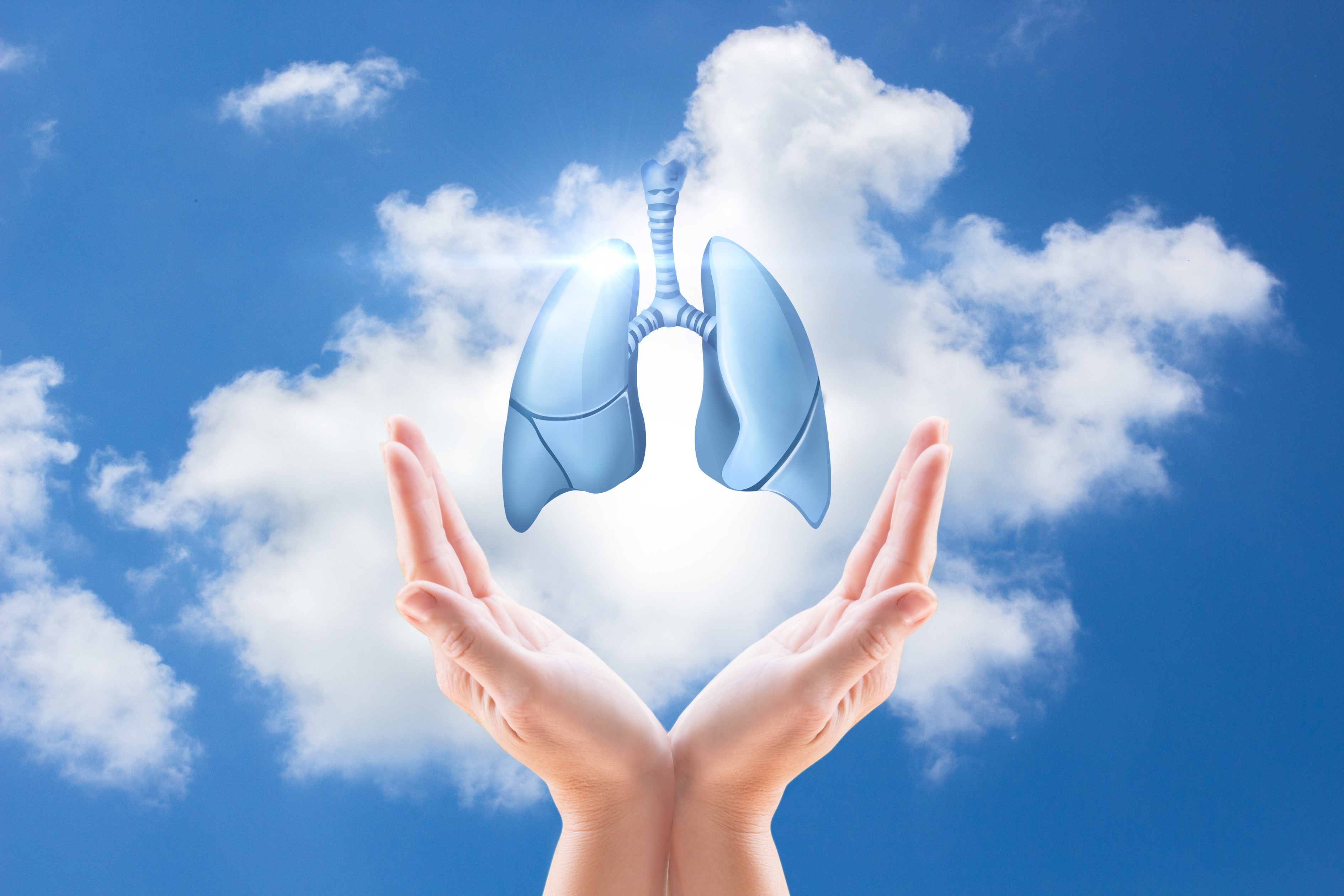
Should you worry about lung nodules?
Winfred ZHANG, Chair of Surgery of Shanghai Market , United Family Healthcare
Associate Chief Physician
Nowadays, with the development of advanced imaging technologies, many people may discover they have pulmonary nodules – or spots on the lung. But what exactly are pulmonary nodules, and should we worry if they are detected? Below are answers and advice from our own thoracic surgery department team.
Q: What are pulmonary/lung nodules?
A: A pulmonary nodule is a small, roundish spot on the lung. Pulmonary nodules are relatively common and they show up in nearly 1 of every 500 chest x-rays and 1 of every 100 chest CT scans. The growing detectable rate is a result of many factors, but primarily it is due to increased screening efforts combined with growing public awareness of the need for regular health checks. Despite increased detection of lung nodules, the morbidity and mortality rates of lung cancer are decreasing year by year.
Q: What are the causes of lung nodules?
A: It is still unknown what the explicit causes for each specific nodule are. Most benign lung nodules result from inflammation due to infections, illnesses, or even irritants in the air. They also might be scars from surgery or chest radiation, although there are also other less common reasons. The most common causes of malignant lung nodules are primary lung cancer, brought on by smoking and other common causes of lung cancer, or metastatic cancers from other regions of the body that have spread to the lungs.
Q: Will all pulmonary nodules develop into lung cancer?
A: Many people’s first thought is that pulmonary nodules are cancer, but this is not always true. Actually, most pulmonary nodules are harmless. Only a very small percentage of pulmonary nodules turn out to be malignant. But because they can be a form of early-stage cancer, it’s important to distinguish a benign nodule from a malignant nodule as early as possible. Therefore, doctors approach every pulmonary nodule as malignant until they can confirm otherwise.
There is a notable phenomenon of nodules of ground-glass opacity found in the lungs. These nodules are most commonly found in known high-risk populations like habitual smokers. However, in some cases such nodules are found in young women who do not smoke, and are more likely to develop into lung cancer. The causes of such masses, however, is still unknown.
Q: Are there any typical symptoms for people suffering from pulmonary nodules?
A: There are no unique symptoms to indicate a pulmonary nodule might be present, making it challenging to identify them. If any symptoms do appear, they are usually similar to those of a common cold such as coughing. Actually, most lung nodules are so small that they don’t cause breathing problems or other symptoms. It is not unusual for someone to have pulmonary nodules for years without even knowing. That’s why they are usually found incidentally when a chest X-ray or CT scan is done for some other reason. Most people discover they have lung nodules during health checks organized by their employers. The development of imaging technology helps us to detect small spots. For example, a patient needs to receive a chest radiography before a surgery. In the past we used X-rays which can only detect nodules above 1 centimeter in diameter, but modern CT scans can identify spots with diameters as small as 5 millimeters.
Q: What would you suggest people do when they learn there are nodules on their lungs?
A: Usually, we suggest all people with lung nodules undergo four to six months of follow-up checks so doctors can diagnose and decide what if any treatment is required. Doctors will review the detailed medical history and lifestyle, and monitor the size of the nodules. If the nodules do not grow or even shrink over time, they are most likely benign. But if they grow, it’s more likely to be malignant and a biopsy is needed to help make a full diagnosis. Depending on the size, condition, and location of the nodules, surgery may be needed to remove the nodules and ensure the patient’s health. In some cases, radiotherapy might be utilized if the patient’s condition is not suitable for surgery.
Copyright United Family Healthcare 2018 All right reserved ICP 京ICP备13017554号-4



